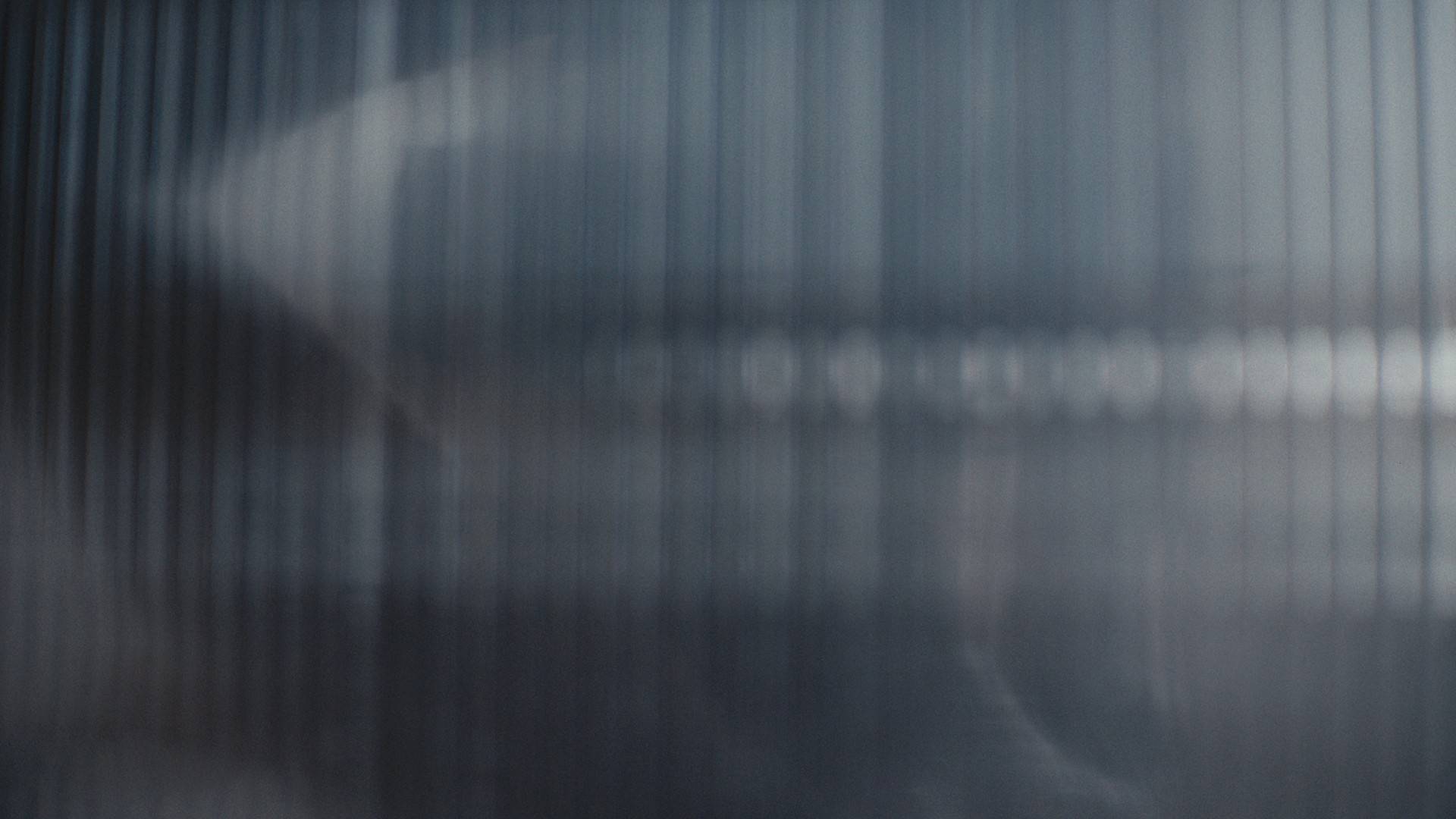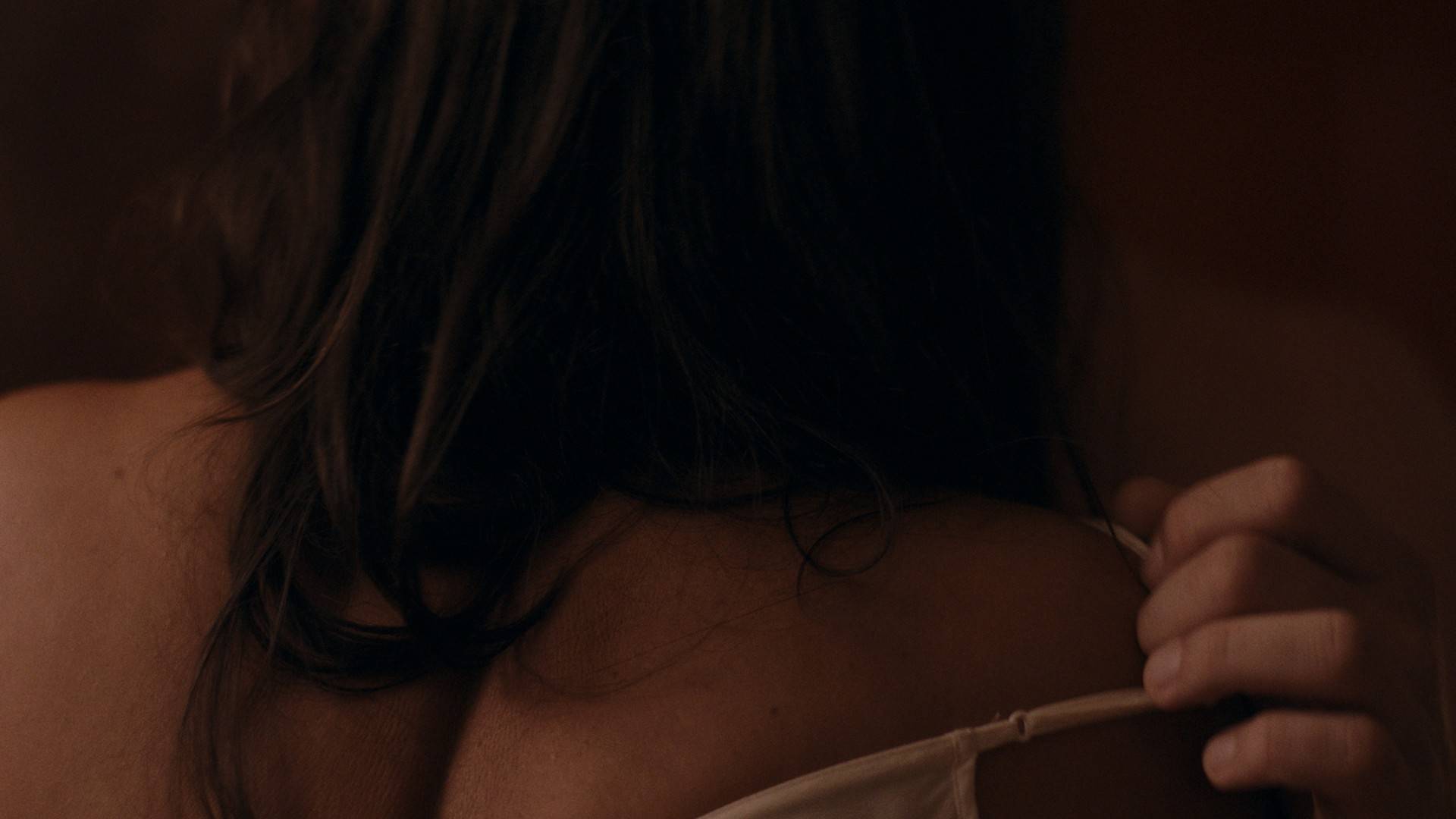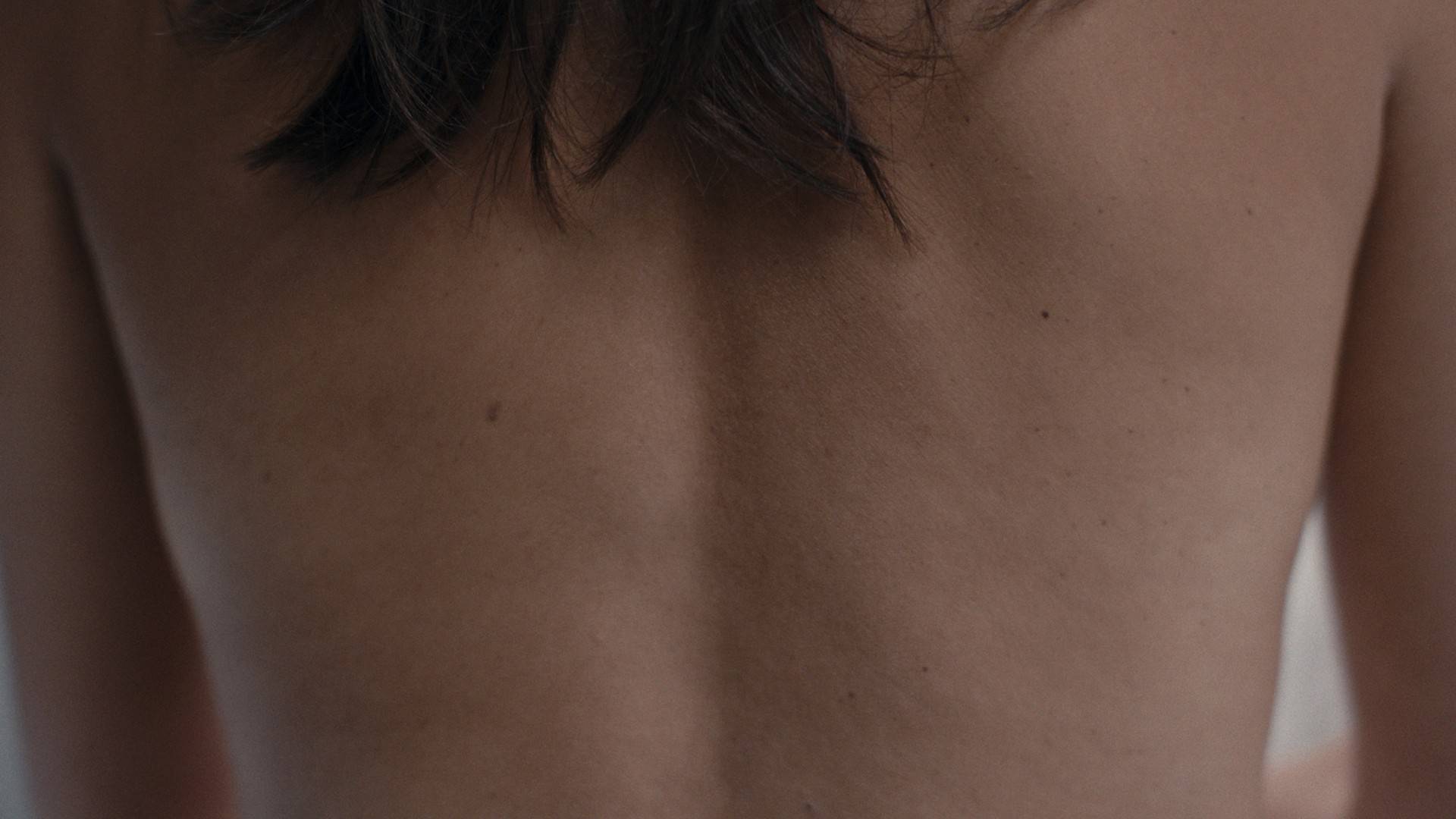A reminder.
Make a resolution
to check your breasts.
Around 1 in 8 women will face breast cancer in their lifetime.
The best outcomes are linked to early diagnosis. While routine medical screenings are important, most women first notice changes themselves. That’s why it’s so essential to know your breasts and become familiar with how they look and feel. So take a few minutes each month to check in and see if anything feels different. Most changes won’t be cancer, but if they are, early detection can make all the difference.
LEARN HOW TO SELF-CHECK
AND MAKE IT A HABIT.
Part One — Feel.
BREAST CANCER AWARENESS
Share the film: @checkyourbreasts.today
Guidelines for Breast
Self-Examination
IT’S IMPORTANT TO BECOME FAMILIAR WITH YOUR OWN BREASTS SO
THAT YOU CAN DETECT ANY CHANGES IN HOW THEY LOOK OR FEEL.
Start your visual check. Stand in front of a mirror and carefully examine your breasts for any changes in size, shape, or skin appearance.
Next, use your hands to feel. Raise your arm and use your opposite hand to feel your breast. Keep your fingers together and flat, making small circular motions from the outer edges of your breast toward the nipple.
Cover the entire breast area, then gently pull your nipple forward to check for easy movement or any discomfort. Repeat this process for your other breast.
The best time for a breast self-check is a few days after your period ends, as your breasts are less likely to be naturally tender or swollen. If you don’t have periods, consider setting a reminder for your self exam on the first day of each month.



Symptoms.
LOOK OUT FOR THE 12 COMMON SYMPTOMS
Be proactive.
If you notice any unusual changes, lumps,
or abnormalities during your self-check, don’t panic. Make an appointment with your doctor to discuss your concerns. Remember that not all lumps or changes indicate cancer, but it’s essential to have them evaluated.
The important thing is that you regularly examine your breasts and become familiar with them, so that you can detect any changes and improve your chances of early detection. It’s quick, easy and could save your life.
When breast cancer is found early,
the 5-year relative survival rate is 99%.
Part Two — Talk.
BREAST CANCER AWARENESS
Share the film: @checkyourbreasts.today

CHECK YOUR BREASTS
SPECIAL THANKS - Aisha Zeijpveld, Leyla & Bas Peters, Esther, Monique & Menno Veenendaal, Camiel & Frederique, Youssef & Sade Oul-Hadj, Ben Strebel, Joe Weiland, Jerney Silawanebessy, Loulou & Rop van Mierlo, Nina Ijdens, Geneviève Koolhaas, Florence Adebambo, Tess Kartal,Tom Benner, Bas Moonen, Camera Rentals, Gripwise, Lux & Co, Locatiewerk, Club Radion, Joost Peper, Modanella Catering, Sarah Hardcastle, Adam Fish, Maarten Boer, Eva Jinek, Hugo Diaz, Bram Schouw, Michael Sauvage, Wieden + Kennedy, Patrick Milling Smith, Bryan Carmody, Bonkers United, division7, SMUGGLER and everyone else involved.
DISCLAIMER - THE CONTENT ON THIS WEBSITE IS INTENDED FOR INFORMATIONAL PURPOSES ONLY AND IS NOT MEANT TO DIAGNOSE, TREAT, OR PROVIDE MEDICAL ADVICE. IT IS RECOMMENDED TO CONSULT A QUALIFIED HEALTHCARE PROVIDER FOR ANY HEALTH CONCERNS OR BREAST HEALTH ISSUES. REGULAR SELF-EXAMS ARE AN IMPORTANT PART OF BREAST HEALTH AWARENESS BUT DO NOT REPLACE PROFESSIONAL SCREENINGS OR MEDICAL CONSULTATIONS. ALWAYS SEEK THE ADVICE OF YOUR PHYSICIAN OR ANOTHER QUALIFIED HEALTHCARE PROVIDER WITH ANY QUESTIONS REGARDING A MEDICAL CONDITION. THE INFORMATION PROVIDED ON THIS WEBSITE IS SOURCED FROM REPUTABLE PUBLIC SOURCES. RESPONSIBILITY FOR DISPUTES CONCERNING ITS ORIGIN OR ACCURACY IS DISCLAIMED. FOR INQUIRIES PLEASE CONTACT STUDIO@JUDITHVEENENDAAL.COM.

